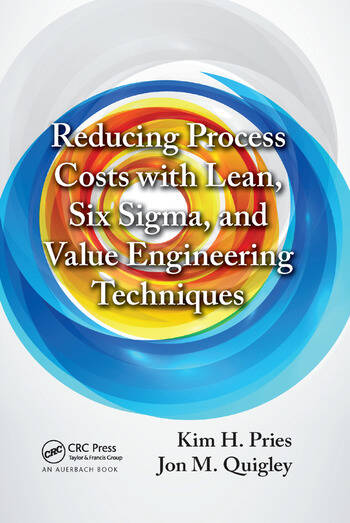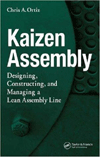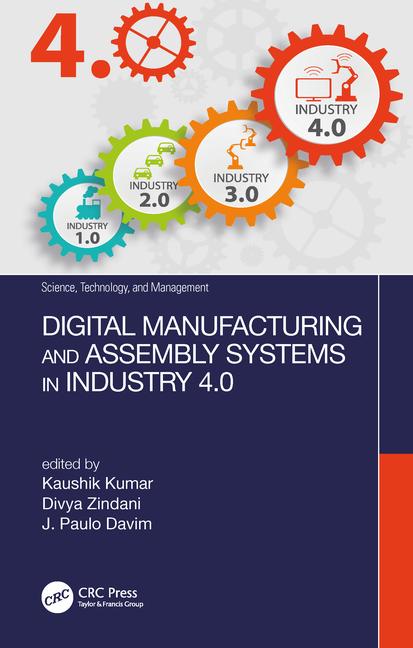Assembly in Action: Auto Supplier Adds Value With Modular Assembly
After 30 years in the stamping business, BAE Industries Inc. (Auburn Hills, MI) now delivers complete seat latch and cushion latch assemblies to Lear Corp. (Southfield, MI) for the sport utility vehicle seats Lear supplies to General Motors Corp. (Detroit). The latches secure the second row and third row seats. Now, the company has the capacity to produce more than 200,000 seat latch assemblies a month in an area less than 6,000 square feet, thanks to modular assembly systems built with standard components from Bosch Automation Products (Buchanan, MI). The first three-pallet based, power-and-free Bosch TSplus went into production in January 2000. Six months later, when 2001 model vehicles were launched, BAE expanded one of the lines and added a fourth to keep up with increasing volume.
"Because everything is modular, we have great flexibility in configuring the lines, which allows us to do a lot of operations in a small space," says Mark Doetsch, corporate quality manager. "None of us has much previous experience with modular conveyors or structural framing, but we were able to design what we needed without much trouble." After debugging at BAE's main plant, each line was disassembled and reinstalled in a new facility. The entire move was completed within a week, and installation required only five people.
Thorough planning and preparation has helped the company start up without the problems that might be expected with a new production system and new operators. Quality has been high from the beginning, and Doetsch gives a lot of credit to the assembly lines. "Reducing variations is the key to success, and the beauty of the pallet system is that it lets you integrate quality and assure dimensional accuracy in every step," he says. "Even with frequent production changes--we're running 12 different latches--our scrap rate is usually less than 1 percent."
The assembly process features nine manual operations and three automated operations (staking, spring winding and lubrication), with standard Bosch pallets conveying the parts from station to station. Custom fixtures on the pallets hold the parts securely, with one fixture for right-hand latches and another for left-hand latches.
Operators find the systems ergo-nomic, according to Mark Gleason, manufacturing engineer. This helps minimize worker fatigue, which contributes to high quality. "The more you can reduce movement, the more you boost throughput and minimize quality issues," he explains. "On these lines, everything is within an operator's reach."
BAE closely monitors dimensional quality and performance, engraving a unique serial number on each latch and tracking it through each stage of the assembly and testing process. In addition to high quality, these flexible assembly lines yield high productivity--up to 350 assemblies per hour, depending on the complexity of the latch. Downtime is minimal, and the lines can be changed over from one latch to another (including testing) in less than 2 hours.
"They're simple and easy to maintain, and safe for the operators, because the motors and drives are located within the system layout," Doetsch says. "The alternative would be a dedicated conveyor that would take up more room, with motors and drives that took up even more room and required maintenance." He continues, "The other advantage of these modular systems is that they're easy to expand and change, if we get design changes from our customer. We can add stations with minimal capital investment and be running production quickly."
For more information on modular conveyor systems, call Bosch Automation Products at 800-322-6724, visit www.boschat.com or Reply 2.
Looking for a reprint of this article?
From high-res PDFs to custom plaques, order your copy today!






